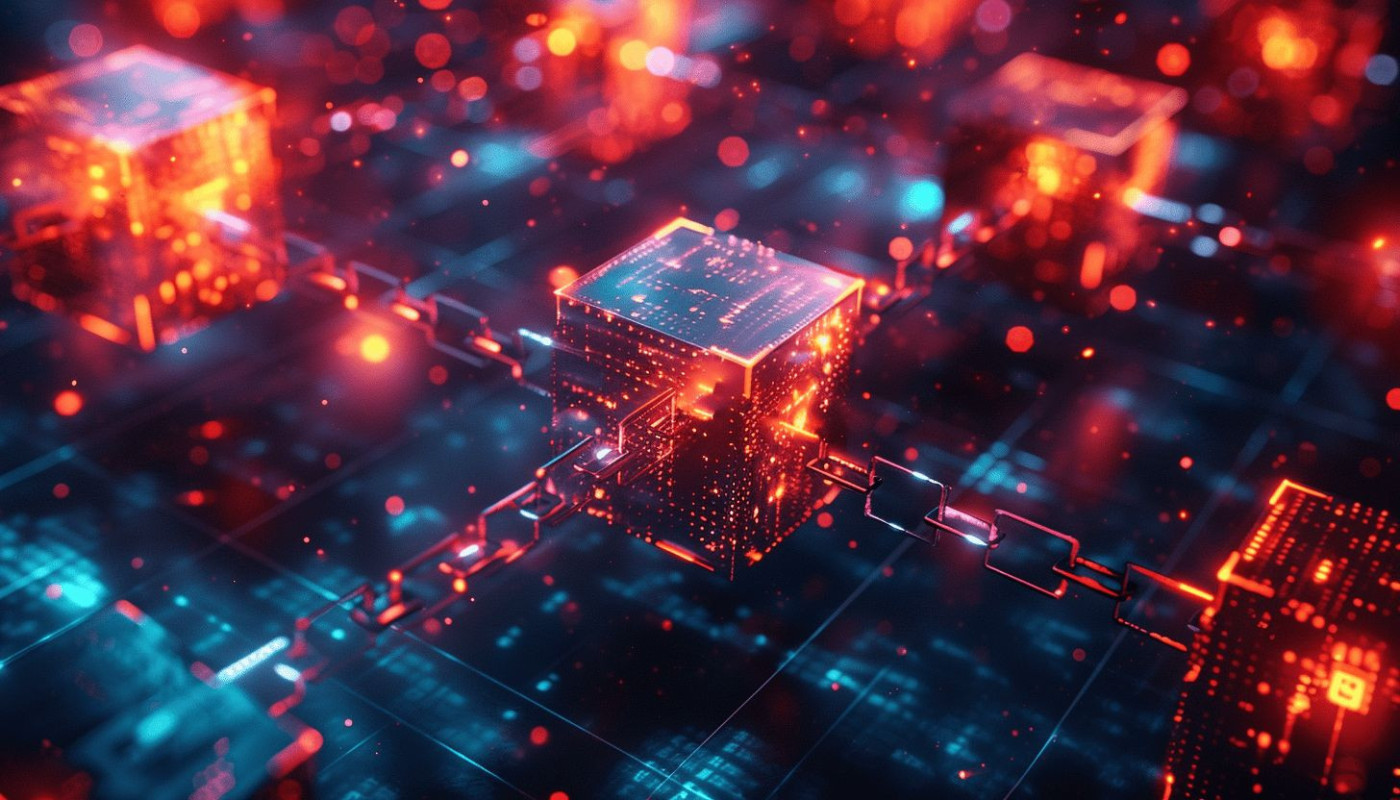Table of contents
In an era where the boundaries between the virtual and the real continue to blur, the emergence of AI image generators has heralded a new chapter in digital media and entertainment. These innovative tools are transforming creative processes, altering the fabric of visual content, and redefining audience expectations. As we stand at the cusp of a digital renaissance, the implications of this technology for artists, content creators, and consumers alike are profound and far-reaching. This exploration delves into the dynamic influence of AI image generators, casting light on their potential to revolutionize storytelling, content creation, and audience engagement. Venture with us into an examination of how these tools are reshaping the landscape of digital media, inviting both opportunities and challenges. Discover how artistry is being reimagined, and consider the ethical considerations that accompany such powerful technology. Engage with the discourse surrounding the impact of AI on the creative world, and anticipate the future that these advancements may hold for all involved in the digital media and entertainment sectors.
The transformation of creative processes
AI image generators are reshaping the landscape of digital media and entertainment, bringing about a significant transformation in creative processes. These tools, powered by advanced algorithms like generative adversarial networks (GANs), are not only enhancing creativity but are also increasing production efficiency. Artists and designers can now generate complex images and visual elements at a fraction of the time it once took. This acceleration of creative output allows for more rapid prototyping and iteration, essential for staying competitive in the fast-paced entertainment industry.
The democratization of art creation is another profound impact of creative AI. With these innovative technologies, individuals who may have lacked access to traditional resources can now participate in digital art creation. This opens doors for a broad range of talent to enter the field, fostering diversity and reflecting a wider spectrum of experiences in digital media. By lowering technical and financial barriers, AI image generators empower a new generation of digital creators, potentially leading to a surge in innovation in entertainment.
Furthermore, the integration of AI into the creation process is not merely a technical advancement; it represents a cultural shift in how we perceive and engage with art. With the ability to learn and replicate artistic styles, AI serves as a collaborative tool that can expand the boundaries of an artist's imagination. The implications of this are vast, with the potential to redefine genres and create entirely new forms of expression within digital media. As we explore the capabilities of creative AI, we may well be on the cusp of a new era in the arts, marked by unbridled creativity and inclusivity. To learn more about the revolution taking place in digital art and production, check these guys out, as they are at the forefront of this exciting transformation.
Disruption in traditional content creation
The advent of AI image generators represents a significant shift within the realm of traditional content creation, heralding the dawn of hybrid content creation where machine learning algorithms augment human creativity. This AI disruption has sent ripples through the entertainment industry, challenging the status quo and compelling professional artists to reassess their roles. Where once the brushstroke was the exclusive domain of the human hand, we now see a collaboration between human intention and algorithmic interpretation. This fusion of talents has the potential to reshape the entertainment landscape, leading to the rise of emerging media forms that were previously inconceivable. Such progress raises profound questions about originality, copyright, and the economic model supporting creative professionals. As digital art curators and entertainment industry analysts observe, this technological revolution invites both opportunities and uncertainties for the future of media and entertainment.
Enhancing storytelling and user experience
AI-generated images are not only transforming how content is created but also the ways in which stories are told and experienced. This paragraph should analyze the role of AI in crafting more immersive and interactive narratives for games, films, and virtual experiences. Address the enhancement of visual effects, the creation of dynamic environments, and the personalization of user experiences. SEO keywords to include: "immersive storytelling", "interactive narratives", "virtual experiences", "dynamic environments", and "personalized user experience". The authoritative voice here would be a virtual reality expert or a game developer. Technical term to use: "real-time rendering".
Ethical considerations and the future of art
The advent of AI image generators has brought with it a myriad of ethical concerns, particularly in the realm of intellectual property rights. Debates are intensifying over authorship when artworks are conceived by algorithms rather than human minds. Questions arise as to who holds the copyright to such creations: the developers of the AI, the users who prompt the machines, or the AI itself? This dilemma not only complicates the legal framework around copyright issues but also challenges the concept of content authenticity. AI ethics, a domain increasingly relevant in this context, scrutinizes the transparency and moral standing of using non-human entities to create what has traditionally been a human endeavor.
The integration of AI into artistic creation also has significant cultural implications. It threatens to disrupt the perceived value of original artwork produced by artists who dedicate years to mastering their craft. Will society come to view AI-generated art as diluting the uniqueness and soul that human artists inject into their work? These evolving dynamics may necessitate a reevaluation of what constitutes art and creativity in the digital age. Discussions and regulations in this sphere are often best navigated by professionals such as ethicists or intellectual property lawyers, who can provide informed perspectives on these intricate issues.
Preparing for the future impact
As the future of digital media evolves, adapting to AI becomes a pivotal endeavor for artists, content creators, and industry professionals. To remain relevant and innovative, it is imperative to invest in skills development. Interactive workshops and educational programs focusing on adaptive learning systems could provide a robust framework for understanding and utilizing AI technologies. By fostering a culture of continuous learning, professionals can stay abreast of the latest tools and techniques that AI image generators offer. In tandem, embracing AI collaboration is a progressive step, where human intellect and artificial intelligence synergize to elevate the form and content of digital creations. Moreover, it is paramount to advocate for the preservation of human artistry within this technological integration to ensure that the unique essence of human creativity remains an irreplaceable part of our cultural fabric.
On the same subject

How Does A Digital SIM Transform Your Caribbean Travels?

The evolution of blockchain benefits beyond cryptocurrency

Exploring The Impact Of AI Agents On Industry Efficiency In 2025

Exploring The Impact Of Community Feedback On AI Art Creation

How Zero-Fee Donation Platforms Enhance Nonprofit Fundraising

Exploring The Impact Of Recent Regulatory Changes On Cryptocurrency Exchanges In 2024

AI In Journalism: How Chatbots Are Transforming News Reporting And Distribution

How AI Is Powering Social Media: The Impact Of Chatbots On User Engagement

Emerging DDoS Attack Trends In 2023 And How To Counter Them

